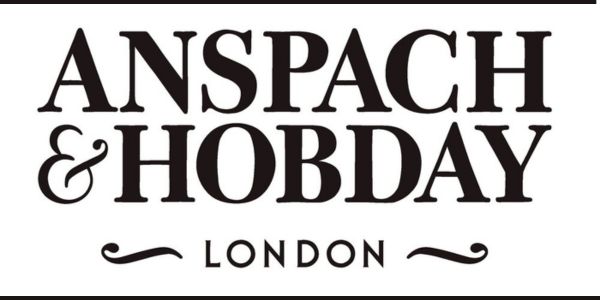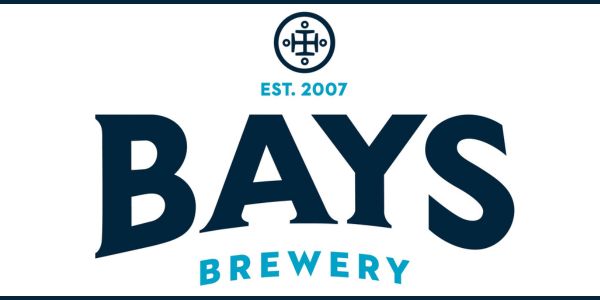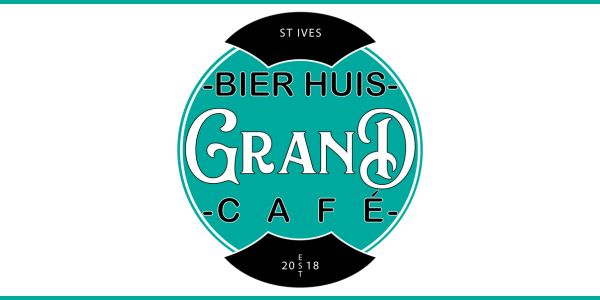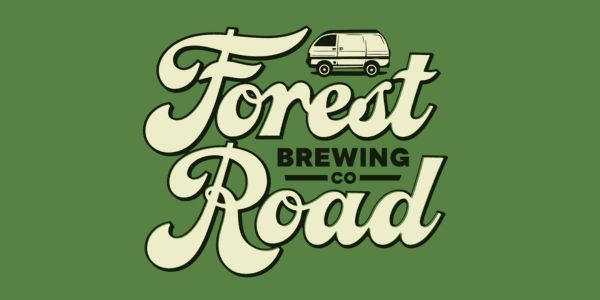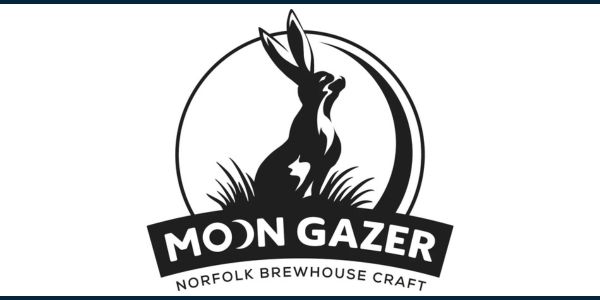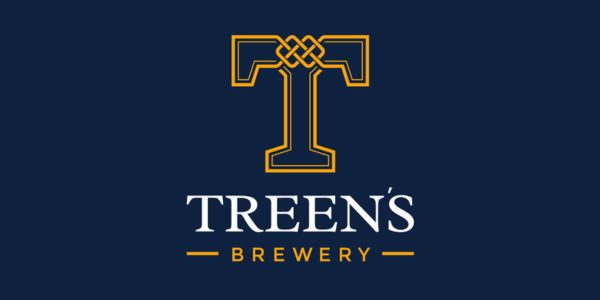The British Institute of Innkeeping (BII) has called on the government to deliver meaningful support for pubs — not empty words — following the results of their latest survey.
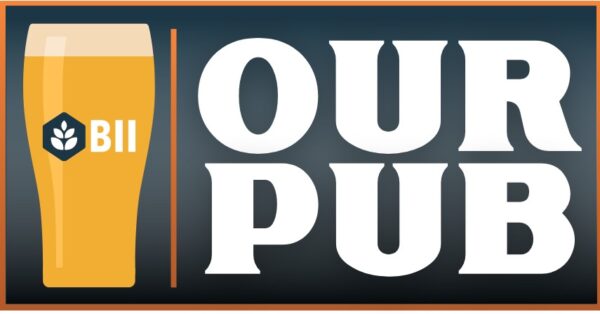
The BII’s 13,000 members — mainly running independent pub businesses as free traders or tenants and lessees — have been consistent in their requests to government. They need access to fair taxation to allow their businesses to survive, thrive, and drive growth for the economy, supporting flexible, local employment for all.
BII members and the wider pub sector need government to reduce the unfair burden of tax they face right now, before it is too late.
This latest survey reveals the true impact of the latest tranche of tax increases to hit our vital pubs, small businesses at the heart of their communities across the UK.
In 2024, even before the rises in national minimum wage (NMW), employer National Insurance contributions (NICs), the change in the NICs threshold, and the reduction in business rate relief, almost 75% of survey respondents were either breaking even, or losing money. This was despite strong trading for many BII members, with staffing, energy, inflationary costs, and more, eroding their profitability.
Now, more than 80% say that all four elements of the autumn Budget coming into force this April will negatively impact their businesses, forcing them to make tough choices.
- 83% will now be reducing staff hours and shifts
- 63% will be reducing staff numbers, through recruitment freezes or redundancies
- 72% will reduce their spend with suppliers, many of them local
With so many varying businesses within the pub sector, all affected differently by the tax rises, there is no ‘silver bullet’ that will help. But more than 70% say that a meaningful reduction in VAT is their top priority in reducing the overall levels of tax they face.
“Brilliant operators, the length and breadth of the UK, who provide connection, careers, and community for all, are being pushed to the brink, despite running vital and viable businesses,” said Steve Alton, chief executive of the BII.
“Rachel Reeves’ and Angela Rayner’s comments over the weekend that ‘pubs, bars and restaurants are the beating heart of our economy and our communities’ must be matched with meaningful action that will genuinely improve the profitability for our pubs across the country.
“The drastic steps our pubs are having to take to keep their heads above water are a direct result of the already considerable pressures on profitability, before the recent tax rises — particularly in employment costs.”
He added: “Minimum wage has risen by 50% in the last five years — a cost borne entirely by operators — and now they must pay more than 10% extra NICs just to keep the staff they have, as well as paying more than double for their business rates.
‘So many people rely on pubs’
“The impact of this cannot be underestimated. At a time when growth forecasts have been halved by the OBR (Office for Budget Responsibility), our pubs could be the key to kick-starting the economy, but the chancellor’s autumn Budget has forced them into stagnation or worse. Alongside the implications for their businesses, the effect on pub operators themselves is stark, with 77% of operators saying their mental health is less than good, and over half of those rated their health as poor.
“We stand to see a real problem in our country if we lose more pubs. Government needs to understand the negative impact it will have on mental health and welfare services, let alone the economy and employment. So many people rely on pubs in their communities as safe spaces for community groups, families, friends, the vulnerable, and the lonely.
“It is simply unfair to continue to place the burden of tax collection onto our pubs, and it will destroy our high streets and community spaces if action isn’t taken.”
The BII is running a campaign, Our Pub, calling on team members, customers, and suppliers of pubs alike to contact their MPs to share why they love their pubs, and why they deserve fair treatment and the opportunity to thrive at the heart of their communities.
